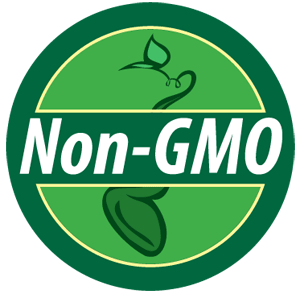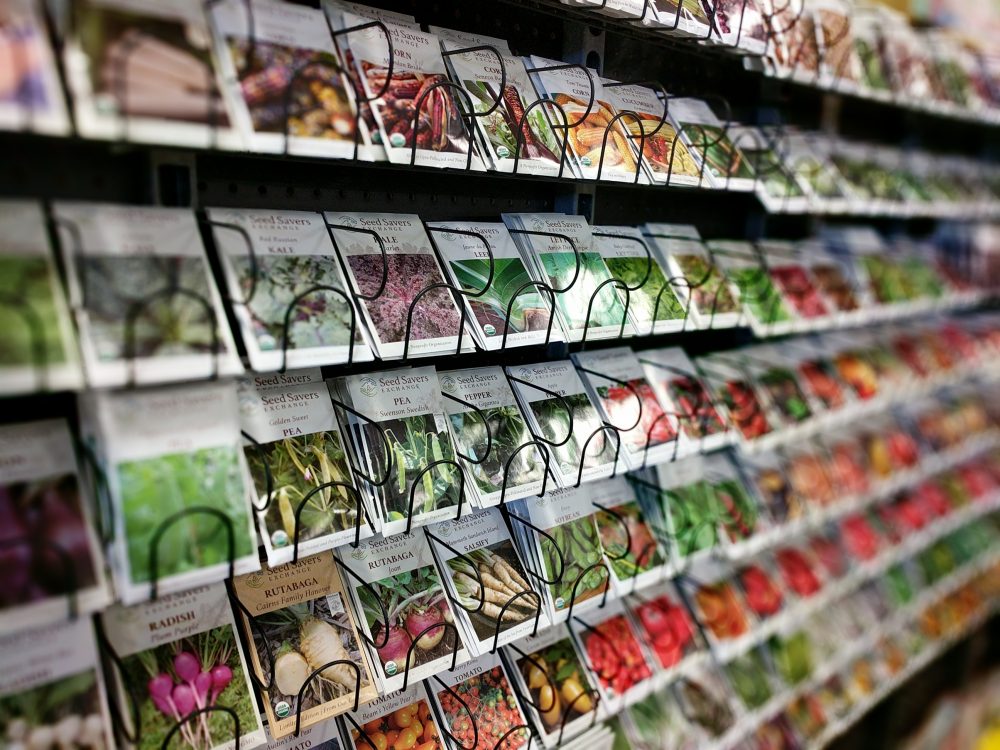
If you’re concerned about GMO’s like many people are lately, I can understand why you’re drawn to those seed packets that are proudly toting the “NON-GMO” tags listed on their packages. But what you should know, is that any seed you’re buying from online seed companies or in a store will be non-GMO. In part, that label on their package, while true and informative, is just a marketing tactic that seed companies are using to ride a popular idea. GMO’s are protected and patented seeds that have been genetically modified for various reasons, and they are highly protected by the companies that own them. That is why there is no reason to worry about accidentally planting GMO seeds. Unless you’re signing contracts and buying seeds in a commercial size, you’re not getting any GMO’s to plant in your home-garden.

Now, some people have confused Hybrid seeds, with GMO seeds. These are 2 very different things. Hybrids are just like us as humans. We are a product of some traits of each of our parents, and hybrids are no different. Hybrids are just the product of a selective cross-pollination and are usually bred this way to combat various diseases that plague certain heirloom varieties. F1 Hybrids will grow true to what is listed on the seed packet, but if you save seeds from that plant and try to replant them the next year from those saved seeds, they will likely not grow out true again.
Heirlooms have skyrocketed in popularity lately and for good reason. If you’re looking for seeds that you can save each year and replant from the seeds you’ve saved, you’ll want to be sure you’re getting at least a few heirloom seeds. In the Spring of 2020, seed companies were unexpectedly inundated with seed orders after people realized how fragile and easily stressed our food systems were, and many gardeners couldn’t get the seeds they were so used to being able to easily get due to demand. If something were ever to happen to completely decimate our systems and we couldn’t get new seed anywhere or order it in, then heirlooms would be your best bet to have on hand since the seed can be saved to grow out true again the following year. One thing I will add to this is that the seed will grow out true only IF they’ve been pollinated with the same type of pollen as the mother plant – male pollen to a female blossom or a cluster of tomato blooms shaken to pollinate the cluster. If the economy and supply chains were to ever completely collapse, I would be sure to be hand-pollinating and bagging the female blossoms so I could guarantee that the seed I’d be saving was not cross-pollinated with something else. You’d also want to tag that fruit or vegetable somehow (twist-ties loosely on the stem work well) to know that that is the one you’re planning to save the seeds from.
So, should you worry about what types of seeds you’re buying? Yes. But in my opinion, only if you’re wanting to save your seeds from year to year, in which case buy heirloom varieties. You don’t need to worry about accidentally planting a GMO garden that you’ll turn a flame thrower on later in the year unless of course, the weeds get too out of hand. Then you might just feel like you want to do that anyway!
What are you planning on planting this year? Leave me a comment below and let me know you’re favorite seed companies or varieties that have become a staple in your garden every year.


 Dad
Dad
Leave a Reply